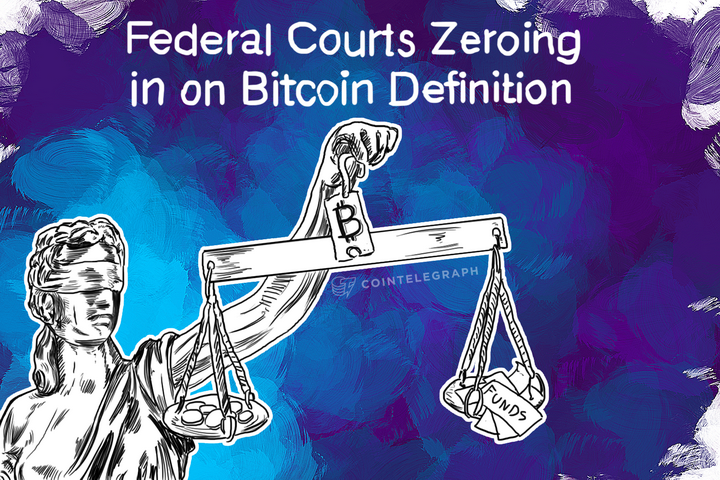One of the most talked about issues with respect to Bitcoin and other cryptocurrencies is exactly how they are to be legally defined. The Internal Revenue Service has ruled that, for tax purposes, Bitcoin is not to be considered “money”.
While Bitcoin is commonly used as payment for goods and services and acts as a “denominator of value”, the IRS ruled that Bitcoin is taxable as property, not money, simply because it is not considered “legal tender” by Federal and state governments.
The US Senate held two different sets of hearings on Bitcoin and the Homeland Security and Governmental Affairs Committee of the Senate held hearings entitled, “Beyond Silk Road: Potential Risks, Threats, and Promises of Virtual Currencies”. On the other side of the US Capital building the House of Representatives held hearings on the “Costs and Benefits of Small Business Bitcoin Use”.
While the Congress is grappling with the issue the courts have taken the lead in legally defining Bitcoin and virtual currencies.
There have been three major cases involving this issue in the Federal Courts in 2014. The most well-known is case involving Charlie Shrem in which Shrem pleaded guilty to a lesser offense after having a business relationship with the Deep Web’s Silk Road. Shrem and Robert Faiella were accused of selling Bitcoin to Silk Road users so that they could use the BTC to buy drugs, acting in effect as an illegal and unregistered money transmission service.
In Texas Trendon T. Shavers was arrested for operating a “Ponzi Scheme” in which he promised investors a 7% weekly return on investment and then used the money to pay older investors their original investment and encourage further investments.

Finally, Butterfly Labs was raided by Federal agents after the Federal Trade Commission discovered that the owners were engaging in the “systematic deception” of their customers.
The Butterfly labs case is relatively new while the others have been on-going for months so the defense has not yet been properly mounted. But in the other two cases the defenses were remarkably similar. In both cases the primary defense was that since the IRS ruled that Bitcoin was not money then the regulations that were being used in the case were being misapplied.
Defendants also claimed that to apply older regulations designed for fiat currencies to cryptocurrencies was essentially ex post facto. Under this legal principle newly created laws cannot be retroactively applied.
In both of these cases the judge’s opinions have been relatively consistent. In Shrem’s case the US District Judge Jed S. Rakoff ruled that:
“Bitcoin clearly qualifies as ‘money’ or ‘funds,’” as the digital currency “can be easily purchased in exchange for ordinary currency, acts as a denominator of value, and is used to conduct financial transactions.” Congress likely “designed the statute to keep pace with evolving threats”.
In the Shaver’s Ponzi scheme case the SEC argued successfully that the investments accepted by Shavers clearly met the definition of “securities” because they were in fact both investment contracts and notes. US Magistrate Amos L. Mazzant ruled that the investments constituted an “investment contract” because investors were putting in money and expecting a monetary return of a specific amount, adding that the expectation of return did not have to include cash value as long as there was value of some kind and that Bitcoin could be both money and property under the law.

He also ruled against the defense that Bitcoin was not money under the IRS guidelines by first agreeing with Judge Rakoff and added that:
“[T]he IRS Notice did not make any determinations about whether Bitcoins are money or not, only that for federal tax purposes, Bitcoins are to be treated as property”.
Judge Mazzant also said that FinCEN’s guidelines further “demonstrates that virtual currencies, like Bitcoin, are being treated like money for purposes of federal regulation.” He said that investors were unable to participate in Shaver’s plan without surrendering a certain amount of Bitcoin with the expectation of a substantial return.
The stakes involved in these decisions are enormous as legislatures, regulatory agencies and the courts wrestle with applying old laws to new technologies, a problem that is likely to continue for some time as some of these cases wend their way to the Supreme Court. There are criminal cases, sometimes with very long sentences, frozen assets, closed businesses and substantial fines.
The fact that at least two of the lower courts have basically made identical rulings might make the high Court’s job a bit easier but the pressure will surely be on for many years to come before the details are finally agreed upon by all parties.


